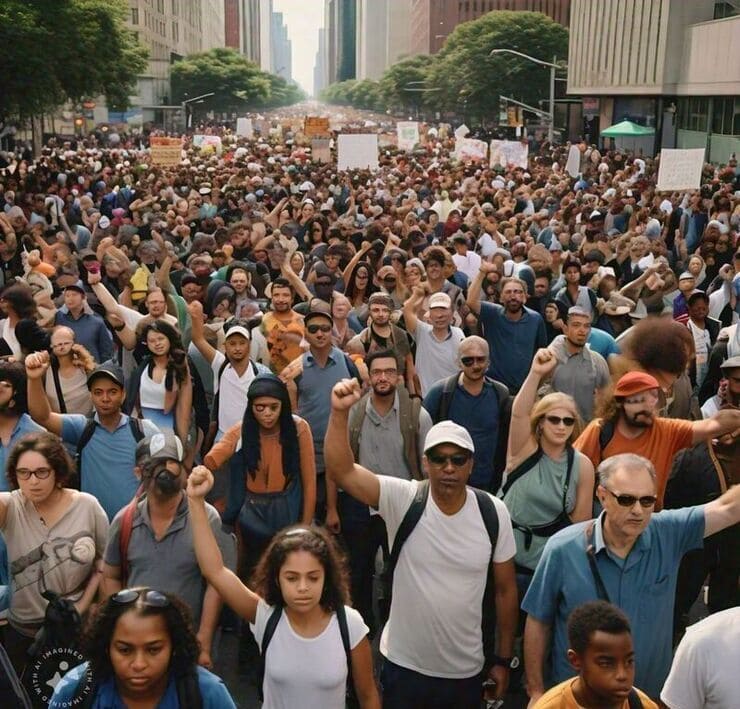Rampant Election Frauds Damage Democratic Systems in the World
Numerous election frauds in different countries have been reported during the past 5 years or so. Some of them are listed below in alphabetical order.
Bangladesh
The 2018 general elections in Bangladesh were fraught with allegations of widespread irregularities. Opposition parties and international observers reported ballot stuffing, voter intimidation, and the arrest of opposition activists. The ruling party, Awami League, secured a landslide victory, leading to questions about the election’s legitimacy.
Belarus
In the 2020 presidential election, President Alexander Lukashenko claimed victory amid widespread allegations of electoral fraud. The opposition and international observers reported significant irregularities, leading to mass protests and a harsh crackdown on dissent. The U.S. Department of State and other international bodies have condemned the election as fraudulent.
India
India, the world’s most populated country, has conducted multiple elections in the past five years. While the Election Commission of India (ECI) claims that elections are free and fair, there have been multiple reports of irregularities, including allegations of electronic voting machine (EVM) manipulation, vote-buying, misuse of government resources, fake voters, and misinformation campaigns.
Moldova
During the presidential election in 2024, Moldova faced significant challenges due to alleged Russian interference. Reports highlighted large-scale vote-buying, cyberattacks, and bomb threats aimed at undermining the electoral process.
Mozambique
The 2023 local elections in Mozambique were marred by allegations of fraud and irregularities. Opposition parties accused the ruling party, FRELIMO, of ballot stuffing, voter intimidation, and other manipulative practices. Protests erupted in several cities, leading to clashes with security forces and reports of fatalities. The U.S. Embassy in Mozambique acknowledged credible reports of irregularities and called for transparent vote counting.
Pakistan
In the 2018 general elections, Pakistan Tehreek-e-Insaf (PTI), led by Imran Khan, emerged victorious. However, opposition parties alleged electoral fraud, including claims of military interference, delayed vote counts, and manipulation of results. Despite these allegations, the election results were upheld, and PTI formed the government.
Romania
In 2024, Romania’s presidential election was annulled by the constitutional court due to findings of illegal support from a Russian-funded social media campaign. A network of over 100 influencers promoted far-right candidate Călin Georgescu, significantly boosting his online presence despite previously low polling numbers.
Russia
In recent years, Russia has faced accusations of electoral manipulation, particularly concerning interference in other nations’ elections. Domestically, reports have highlighted issues such as restricted opposition participation, media bias, and allegations of vote rigging. International observers have often criticized Russian elections for lacking genuine competition and transparency.
Serbia
In the parliamentary elections held on December 17, 2023, multiple monitoring organizations, including CeSID and CRTA, reported significant irregularities. These included procedural non-compliance by election officials, voters photographing their ballots, and instances of the “Bulgarian train” vote-rigging method.
Venezuela
In recent years, Venezuela has experienced significant political unrest due to disputed elections. In one instance, the head of the National Electoral Council declared President Nicolás Maduro the victor, despite evidence suggesting that opposition candidate Edmundo González had won by a wide margin. This declaration led to widespread protests and the arrest of opposition leaders.
These instances underscore the challenges many countries face in ensuring transparent and fair electoral processes. Addressing these issues is crucial for maintaining public trust in democratic institutions.












